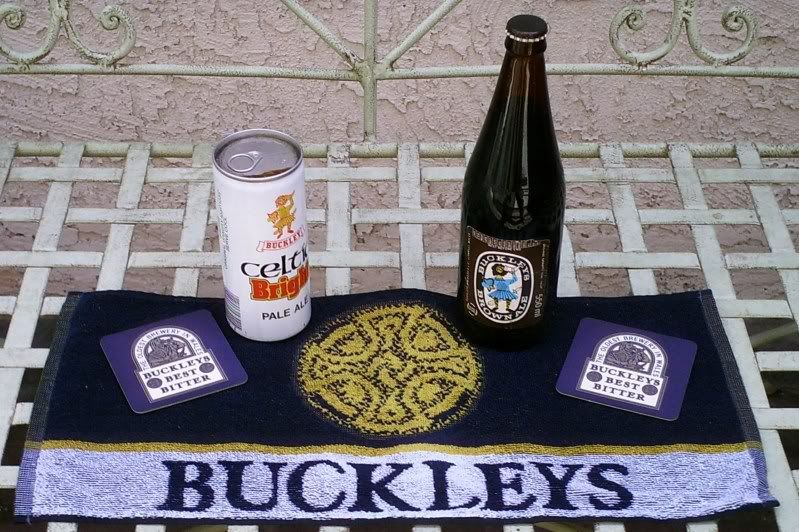- Messages
- 11,579
- Location
- Covina, Califonia 91722
These were all poured straight from the firkin through a tap on the end. Breather in the bung hole on the topside.
Gravity feed. This was used at the big festivals for it's simplicity and rapid change out. Without a CO2 system the beer would go bad fairly quickly from the air coming in so it was used when the kegs would not be stored for long.




